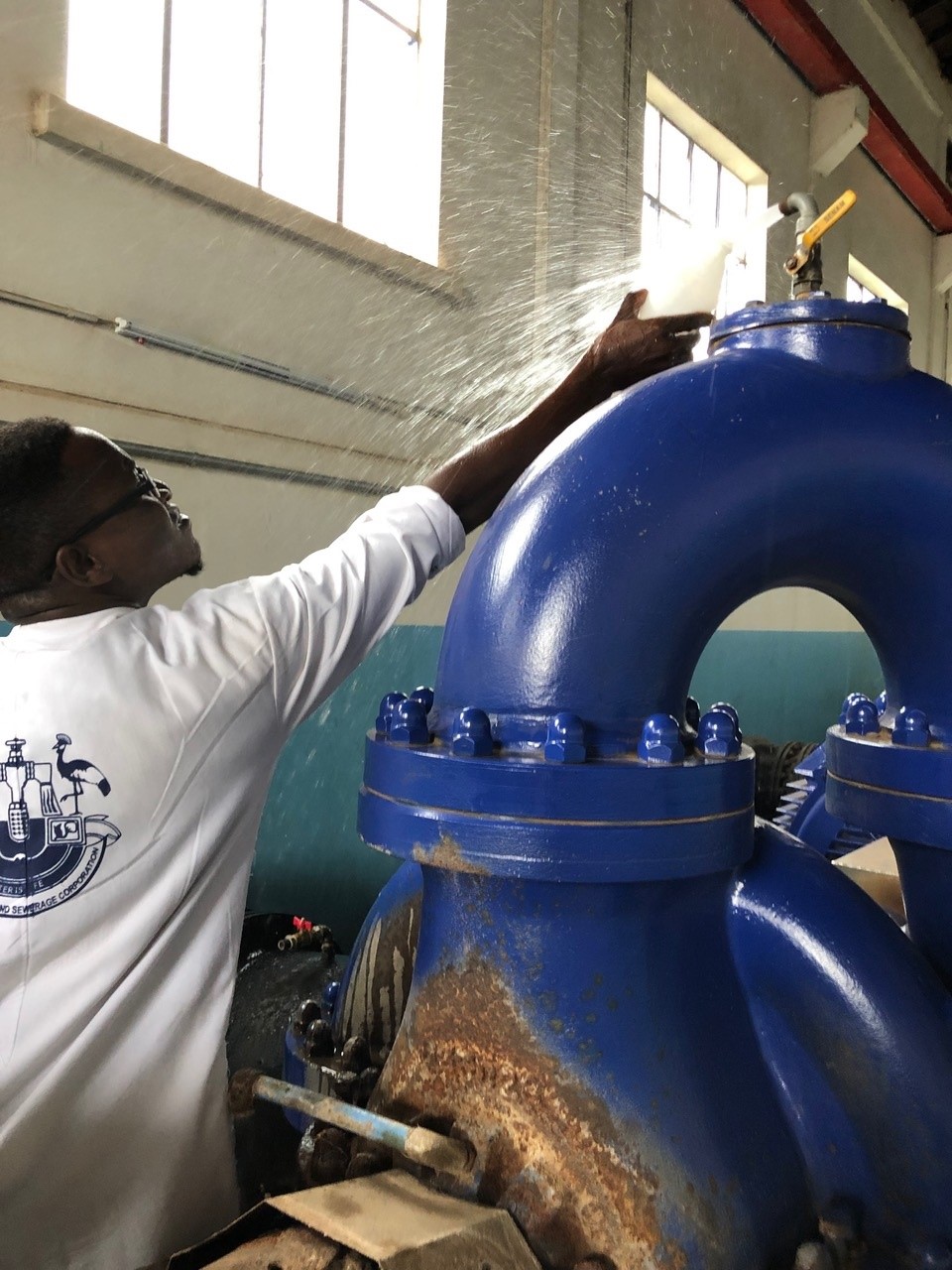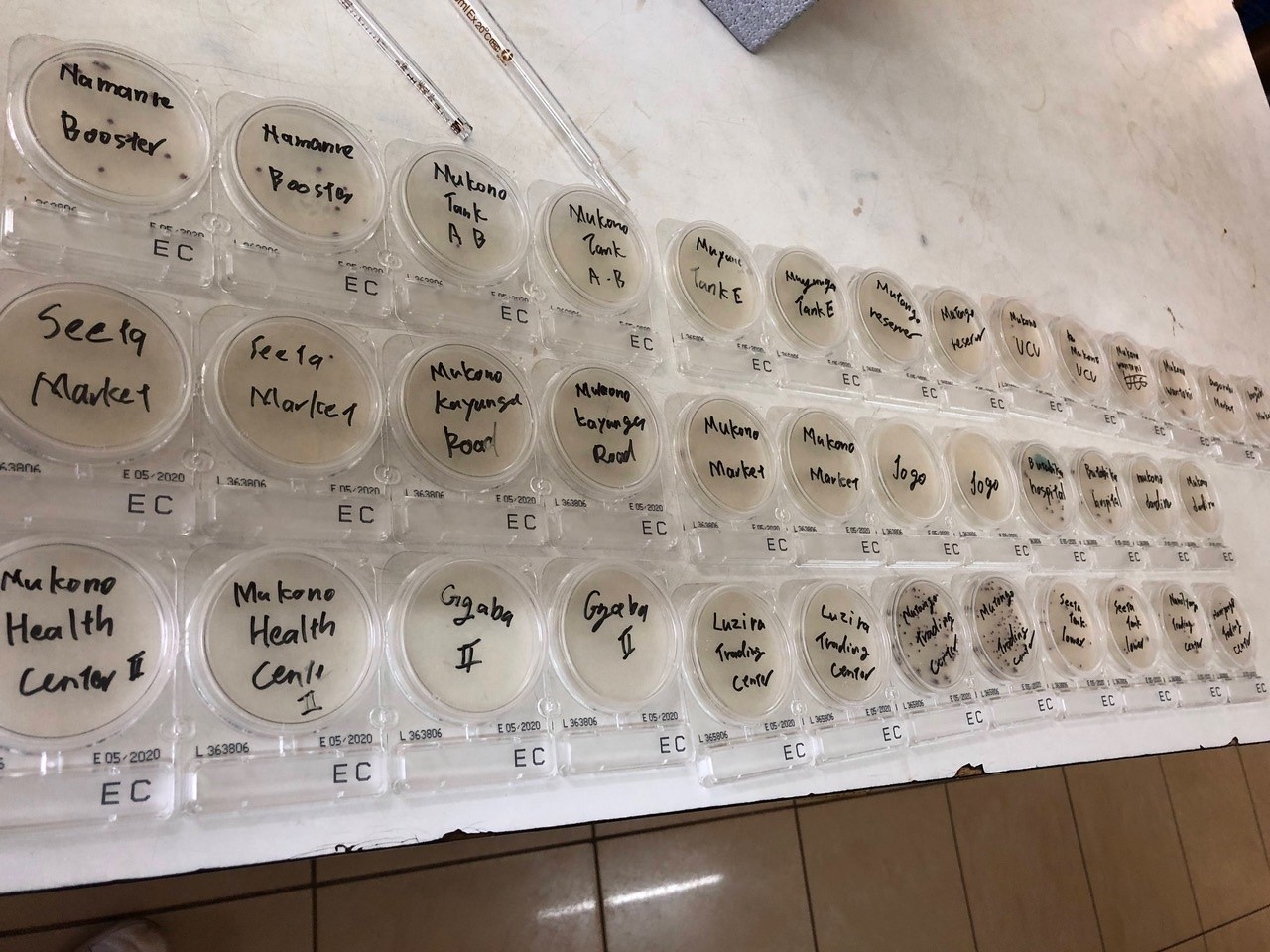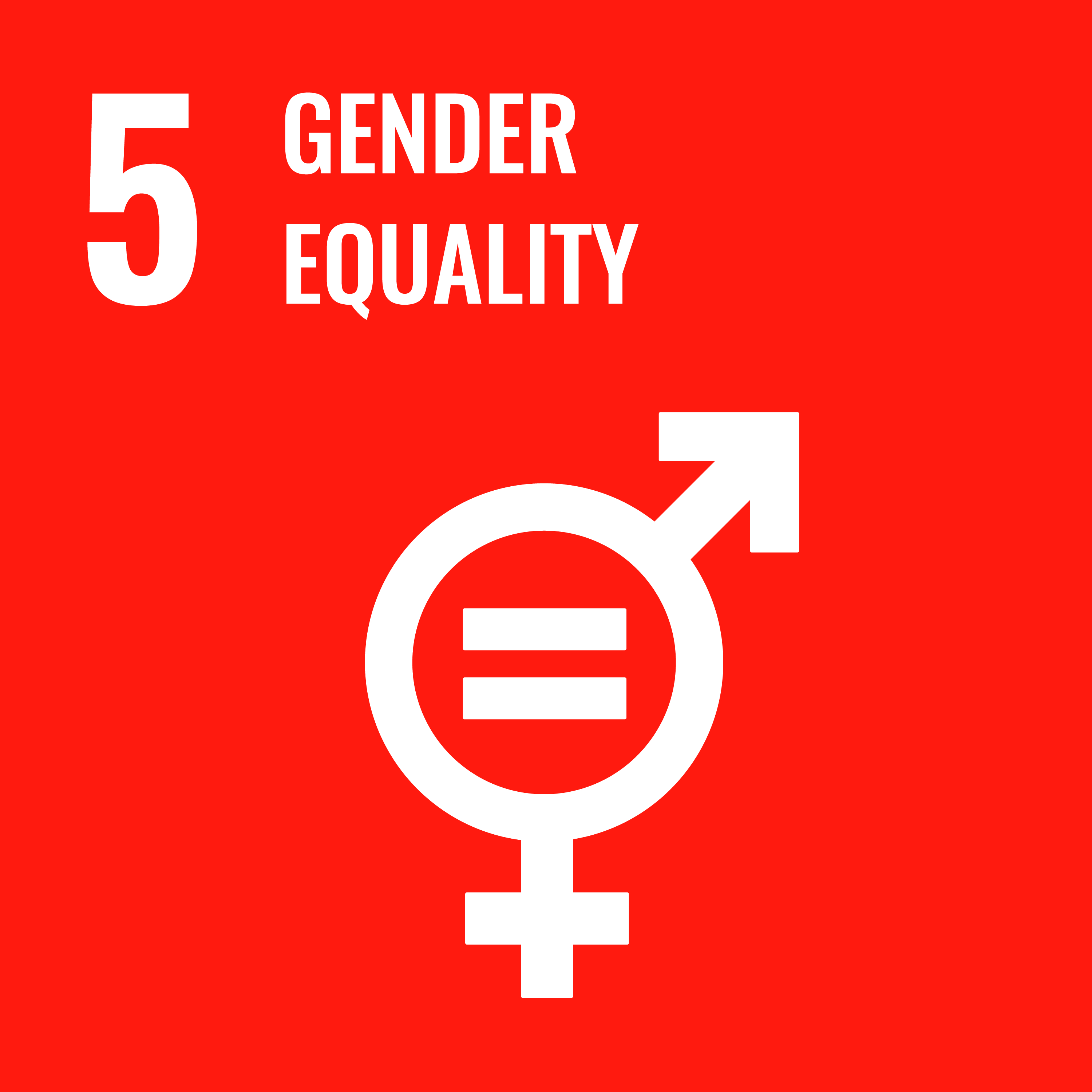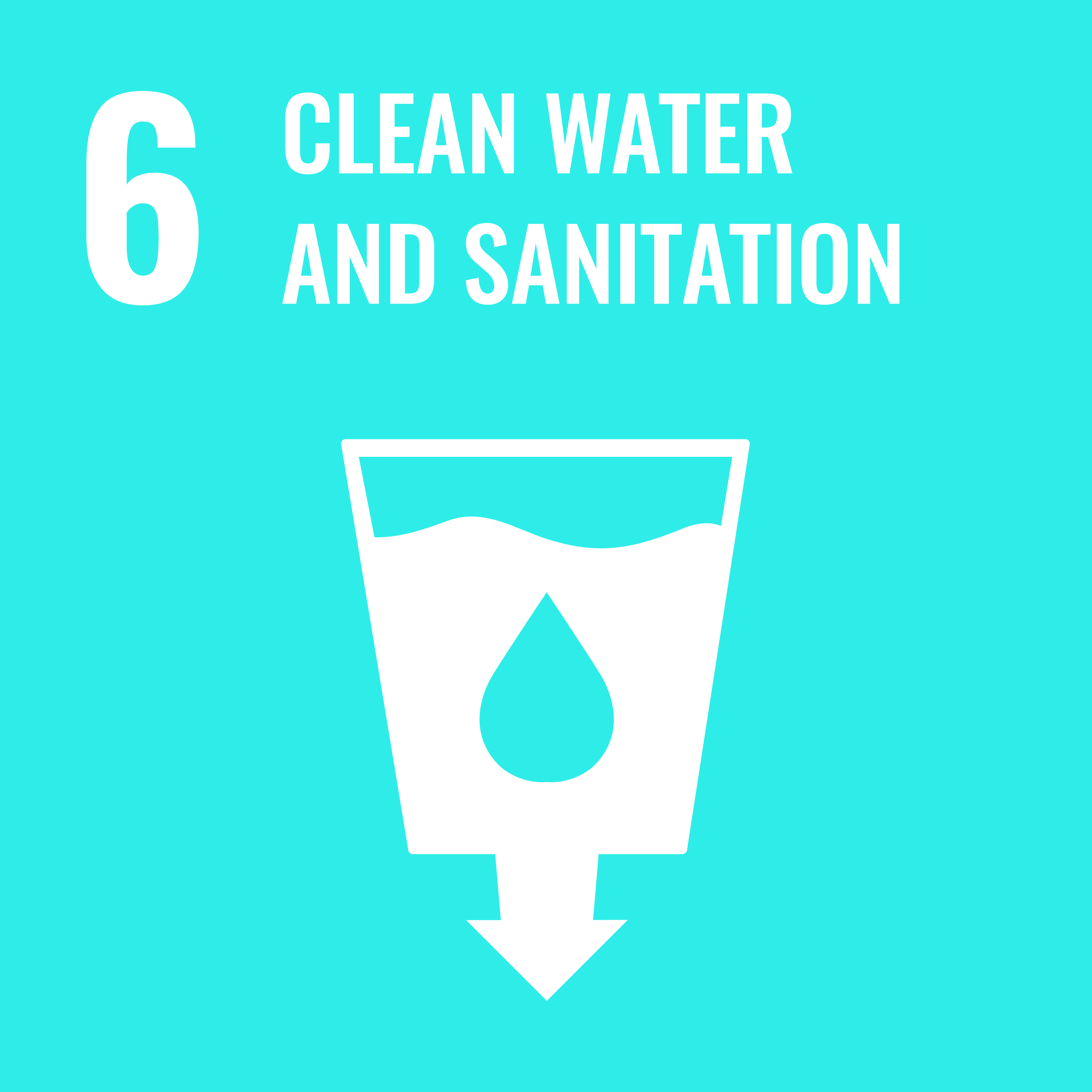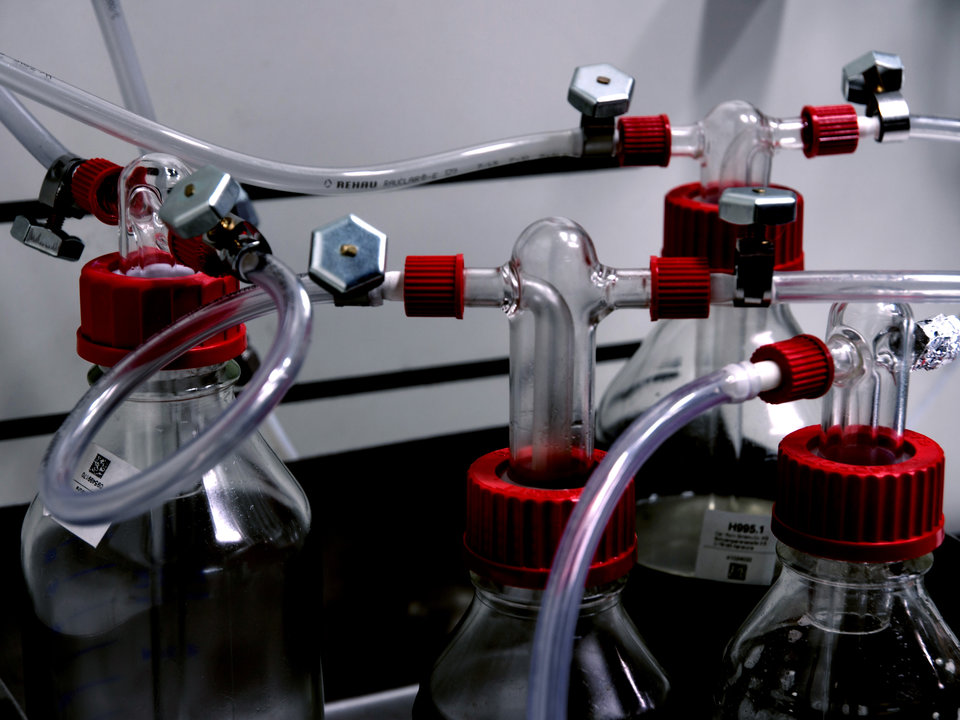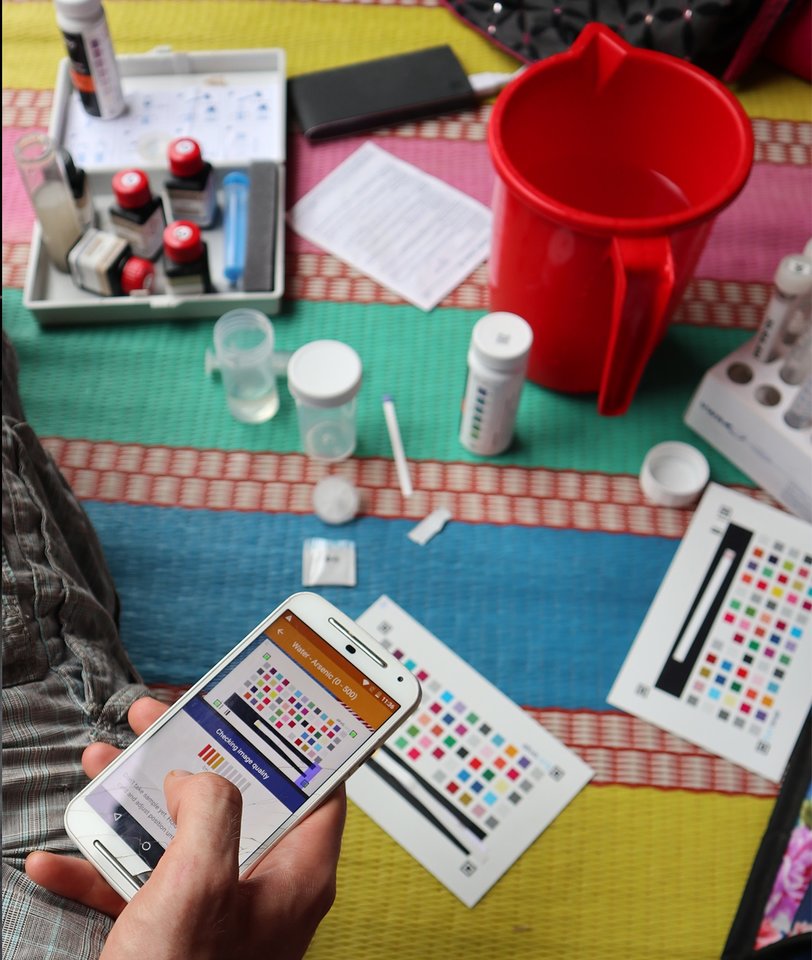Creating Smart Solutions
Supply Issues
Developing cities in many parts of the world have very low access to continuous supply of safe drinking water from the tap. Expanding services to an even more rapidly growing urban population will mean that Intermittent Water Supply (IWS) will be the norm for some time to come. IWS exists partly because there is not enough capacity to pressurize the system to supply all consumer taps at the same time, and partly due to the leaky infrastructure. In some cities over 40% of water leaks through distribution pipes. Leaky pipes can also degrade water quality and cause waterborne diseases because contaminants can enter the pipes and low pressure can lead to in-pipe deposits. The poorest communities are disproportionately affected by the need to buy storage tanks, to treat or boil water, or by having to deal with waterborne diseases. IWS also exacerbates gender imbalances, as in many communities, women and children are the ones who collect water for their household.
Smart Tools
Together with local university and utility partners in Kampala, Uganda, and Bahir Dar and Addis Ababa in Ethiopia, TU Delft works to cocreate digital tools that utilize smart metering and water quality data to better model the distribution systems for operational decision making. Algorithms are built for sensing and reducing leakage, for assessing water quality and for supporting the creation of regular and equitable supply schedules.
Impact
Utilities then benefit from reduced costs, operational ease and improved services. By developing such decision support tools and implementing smart IWS systems, water quality and quantity can be improved, and access to safe drinking water increased for many.
Involved partners

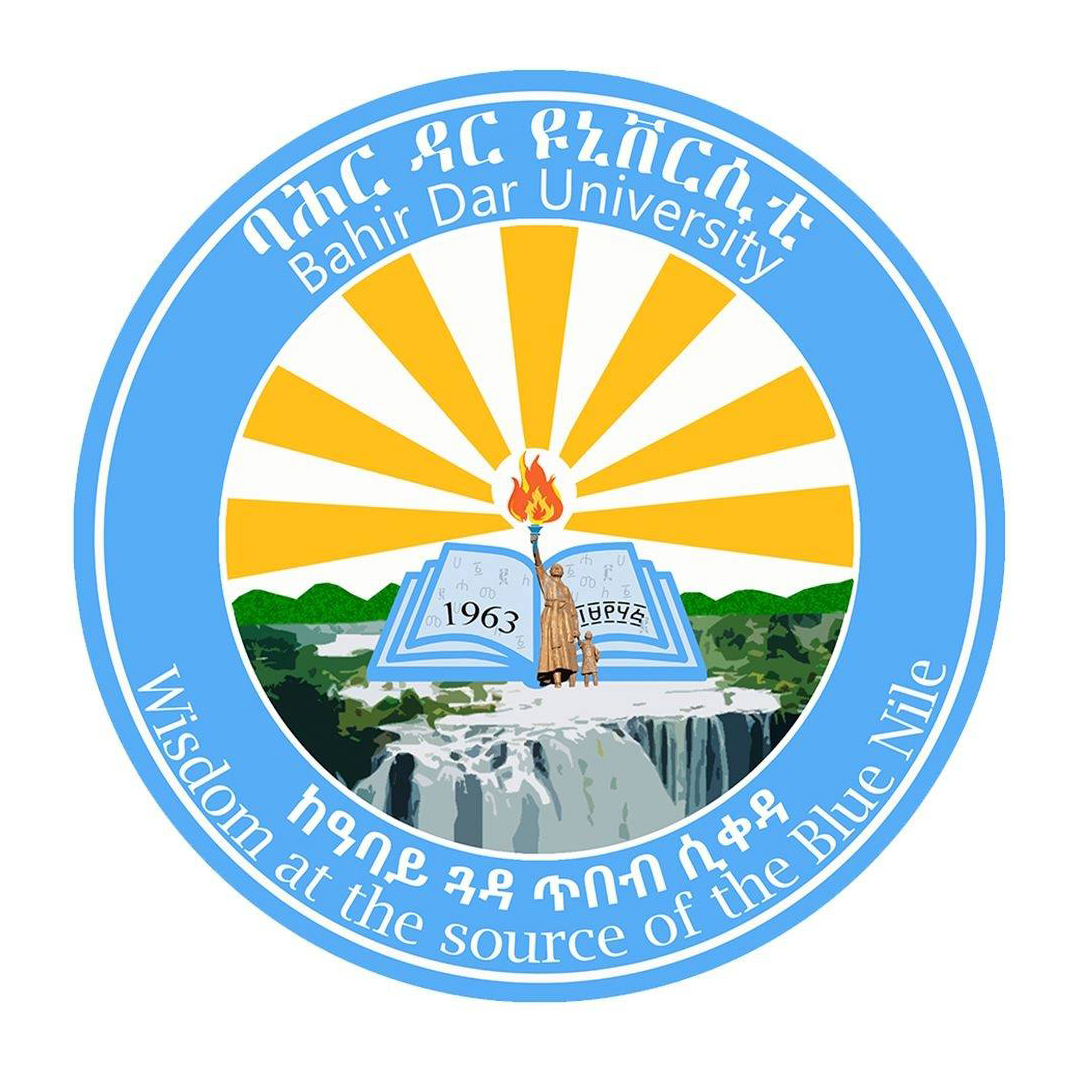
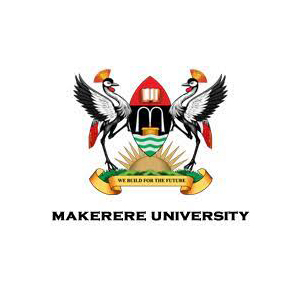
More Water for Impact Projects
TU Delft | Water for Impact is a programme of TU Delft | Global Initiative.

